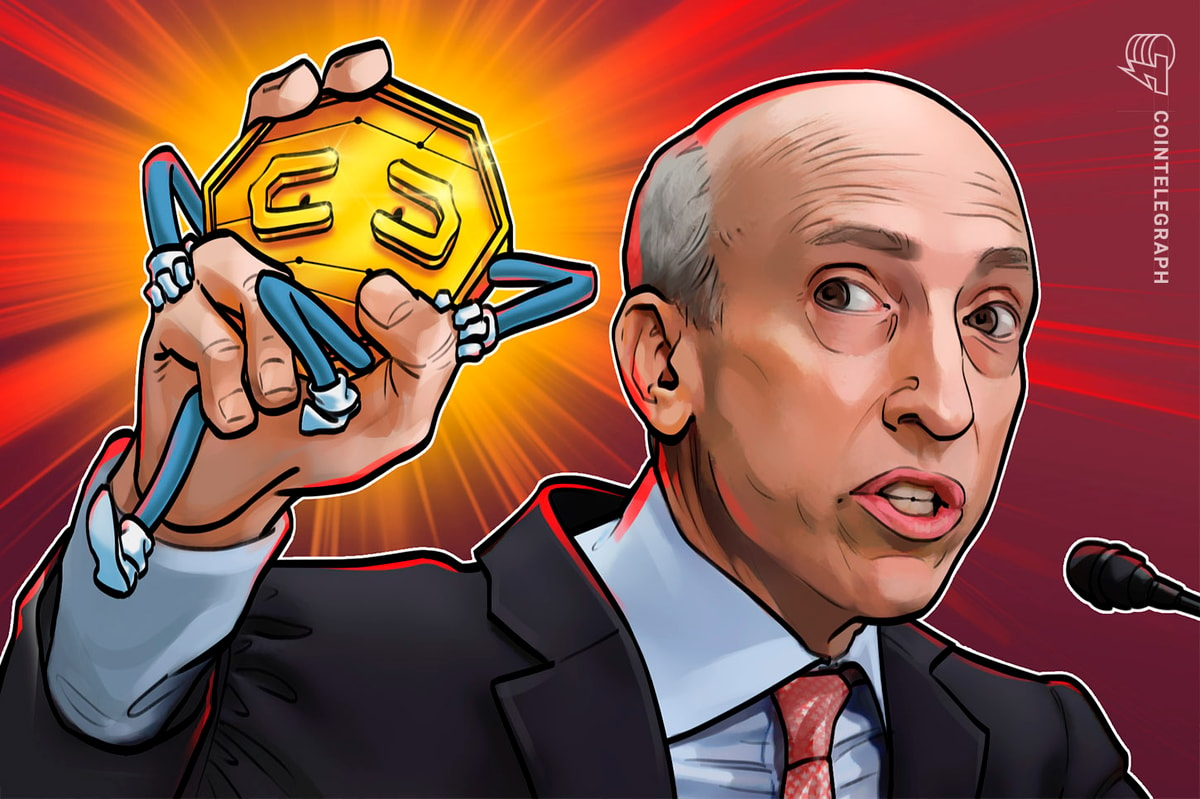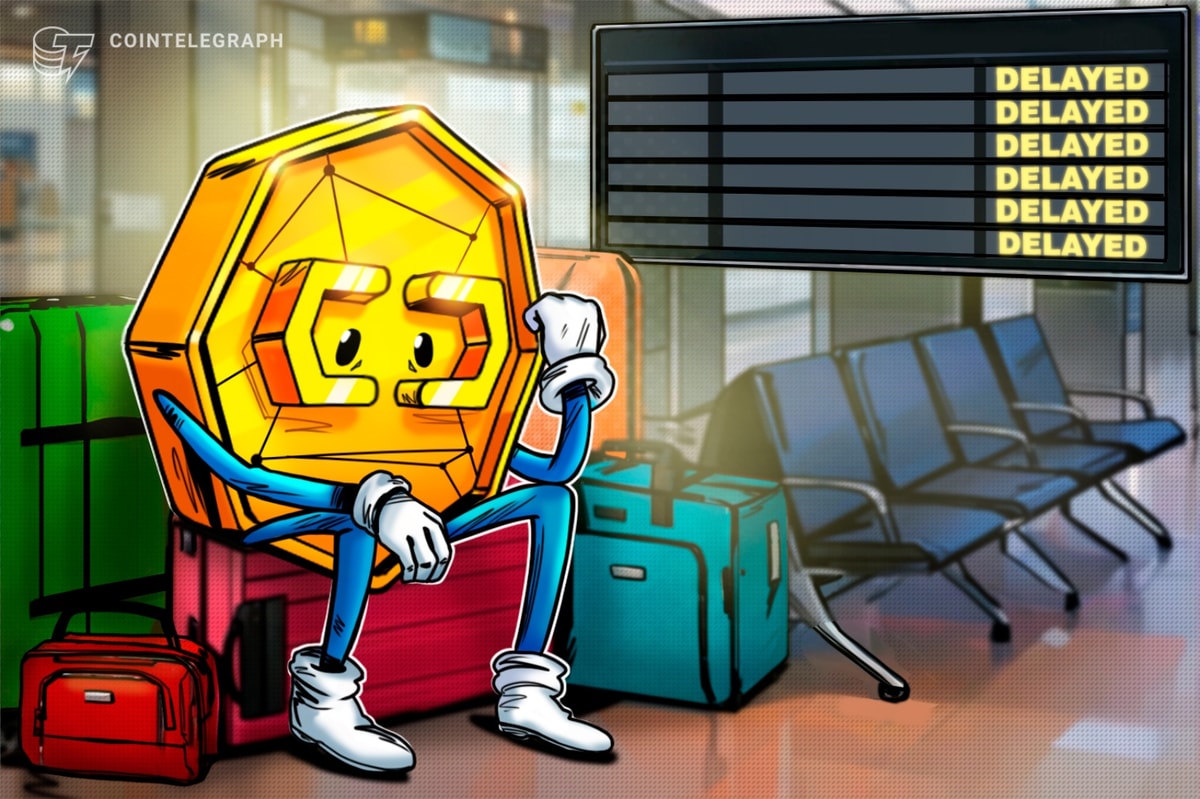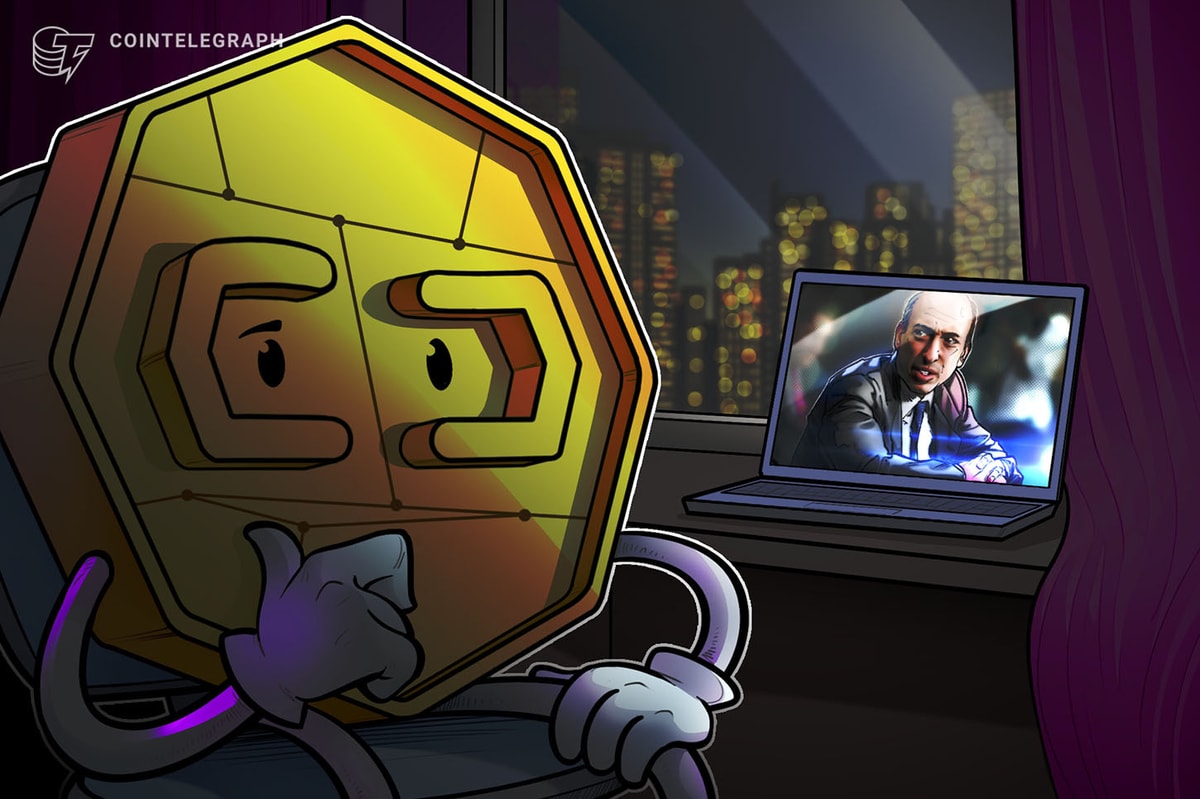The United States Securities and Exchange Commission will continue to pursue changes to the definition of “exchange” and alternative trading systems, Chair Gary Gensler told attendees of the US Treasury Market Conference on Sept. 26.
Gensler was speaking about issues that affect the efficiency and resilience of the US Treasury bond market, but that proposal has been heavily criticized in the digital asset space.
Defining dealers to include more market players
One of the measures the SEC has taken to buttress the Treasury market was a change to the definition of a “dealer” that was meant to clarify the role of market participants such as principal-trading firms, which might use algorithmic and high-frequency trading strategies.
The changes, proposed in 2022, were criticized at the time by pro-crypto politicians for the spillover effect they would have on digital asset trading. Nonetheless, they were adopted in February.
Source: Gary Gensler
Related: SEC’s new dealer rules focused on LPs will be challenged in court, say experts
What makes an alternative trader?
The worst may be yet to come, however. Another issue for Treasury bonds that also touched digital assets is the definition of “exchange” and alternative trading systems. A proposal dating to 2022 would extend registration requirements for platforms that served as market makers for government securities.
The wording of that proposal implied other kinds of exchange platforms would be subject to the new rules as well, and potentially raised issues of constitutionality. When the proposal was revived a year later, a section was added to apply specifically to decentralized finance (DeFi). “This update would close a regulatory gap among platforms,” Gensler said. The changes have not been finalized yet.
Related: Coinbase finds flawed analysis in SEC's proposed exchange definition
Notably, Prometheum and tZero are registered alternative trading systems. They are also the first and so far only firms to receive special purpose broker-dealer status for digital asset securities, which allows them to provide custody of digital asset securities on behalf of retail and institutional clients.
Gensler did not mention cryptocurrency or DeFi in his presentation. He stopped by CNBC the same day to talk about crypto regulation and claimed that the crypto industry is adequately regulated by existing laws.
Magazine: Crypto Wendy on trashing the SEC, sexism, and how underdogs can win: Hall of Flame











